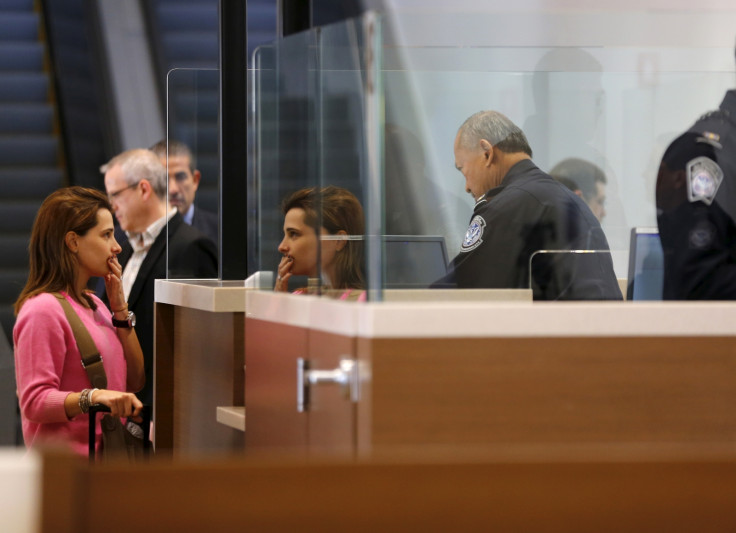US could ask visa applicants to divulge 5 years of social media details, email IDs and phone numbers
The proposed changes come as part of President Trump's push toward 'extreme vetting' of immigrants.
The US State Department could ask visa applicants more intrusive questions as part of Donald Trump administration's push toward "extreme vetting" of immigrants and visitors that the president promised during his campaign. Under the proposal published Thursday in the Federal Register, some US visa applicants could be asked to list five years worth of social media handles, email addresses and phone numbers.
Screeners could also ask applicants to provide all prior passport numbers as well as 15 years worth of address, employment and travel history, including source of funding for their travel, Applicants may be asked to provide information about siblings, children, current and former spouses or civil or domestic partners.
The agency said one's travel history would be requested if the applicant has been in an area while it was under the control of a terrorist organization. They may also be asked to "recount or explain the details of their travel, and when possible, provide supporting documentation."
However, consular officers will not ask applicants for passwords to their accounts or "attempt to subvert any privacy controls the applicants may have implemented on social media platforms", the document said.
If approved, the new rule would apply to "immigrant and non-immigrant visa applicants who have been determined to warrant additional security in connection with terrorism or other national security-related visa ineligibilities."
The new stringent criteria would apply to 65,000 people per year, or about 0.5% of US visa applicants worldwide, the State Department estimated. However, it did not specify nationals of any particular countries. The department said the additional screening measures should take an estimated hour per applicant.
"Collecting additional information from visa applicants whose circumstances suggest a need for further scrutiny will strengthen our process for vetting these applicants and confirming their identity," a State Department official told Reuters.
The proposed changes must go through a public comment period before it heads to the Office of Management and Budget. The agency will approve or deny the changes by 18 May.

Immigration lawyers and experts, however, have questioned the effectiveness of such enhanced screening measures to identify potential terrorists. They also noted that the extra scrutiny might end up barring people who make innocent mistakes in their applications or simply can't remember their previous details from entering the country.
The notice said that applicants that fail to provide all the requested information may not necessarily have their visa denied if they can provide a "credible explanation."
Trump has previously attempted to target several Muslim-majority countries with travel bans and restrictions but was blocked by federal judges.
"The more effective tactics are the methods that we currently use to monitor terrorist organizations," John Sandweg, a former senior official at the DHS and current partner at Frontier Solutions, said. "Not just stumbling into the terrorist who is dumb enough to post on his Facebook page 'I am going to blow up something in the United States.'"
© Copyright IBTimes 2025. All rights reserved.





















